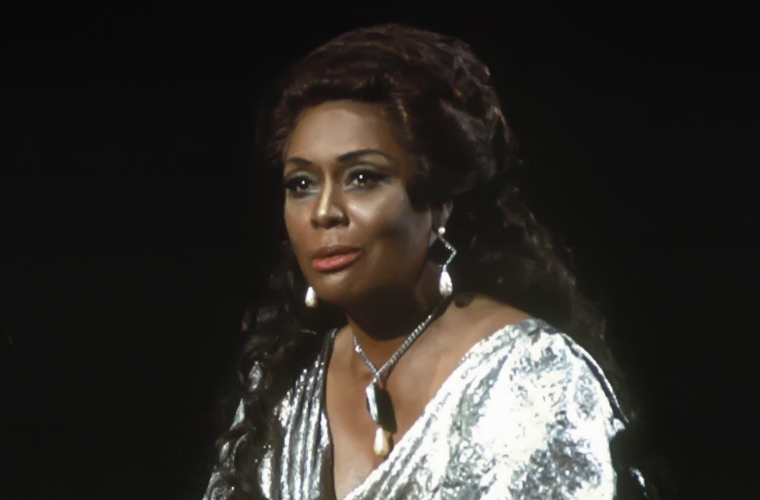Shirley Verrett was an American operatic mezzo-soprano who achieved international acclaim for her powerful and versatile voice. Born on May 31, 1931, in New Orleans, Louisiana, Verrett began her musical journey at a young age, displaying a natural talent for singing. She later pursued formal vocal training and made her professional debut at the San Francisco Opera in 1957.
Verrett’s career quickly gained momentum as she performed in leading opera houses around the world, including the Metropolitan Opera, La Scala, and the Royal Opera House. Her vocal range and dramatic intensity allowed her to excel in a diverse repertoire, encompassing both soprano and mezzo-soprano roles. This exceptional versatility set her apart as a true vocal virtuoso.
Throughout her career, Verrett collaborated with renowned conductors and directors, leaving an indelible mark on the opera world. She was particularly celebrated for her interpretations of Verdi, Wagner, and Bizet, as well as for her compelling portrayals of tragic heroines such as Carmen and Dalila. Her commanding stage presence and magnetic performances captivated audiences and critics alike.
In addition to her operatic triumphs, Verrett also embraced the concert stage, showcasing her vocal artistry in recitals and oratorios. Her rich, expressive voice and profound musicality resonated with listeners, earning her widespread admiration and respect. Beyond her vocal gifts, she was admired for her dedication to her craft and her unwavering commitment to excellence.
Verrett’s impact extended beyond the realm of performance, as she became an influential advocate for diversity in opera. As an African American artist, she confronted barriers and discrimination throughout her career, yet she persevered with grace and determination. She actively championed opportunities for underrepresented singers and sought to broaden the scope of operatic repertoire to include works by composers of diverse backgrounds.
In recognition of her artistic achievements and contributions to the cultural landscape, Verrett received numerous accolades and honors. She was appointed a Commander of the Order of Arts and Letters in France and was bestowed with the National Medal of Arts in the United States. Her legacy endures through the recordings and videos that document her extraordinary talent, ensuring that future generations can experience the brilliance of her artistry.
Shirley Verrett’s remarkable career serves as a testament to the transcendent power of music and the enduring impact of a singular voice. Her artistry continues to inspire and uplift, reminding us of the boundless possibilities of the human voice and the profound resonance of great music. As we reflect on her legacy, we celebrate her remarkable contributions to the world of opera and honor the indelible mark she left on the hearts of all who had the privilege of experiencing her extraordinary talent.


